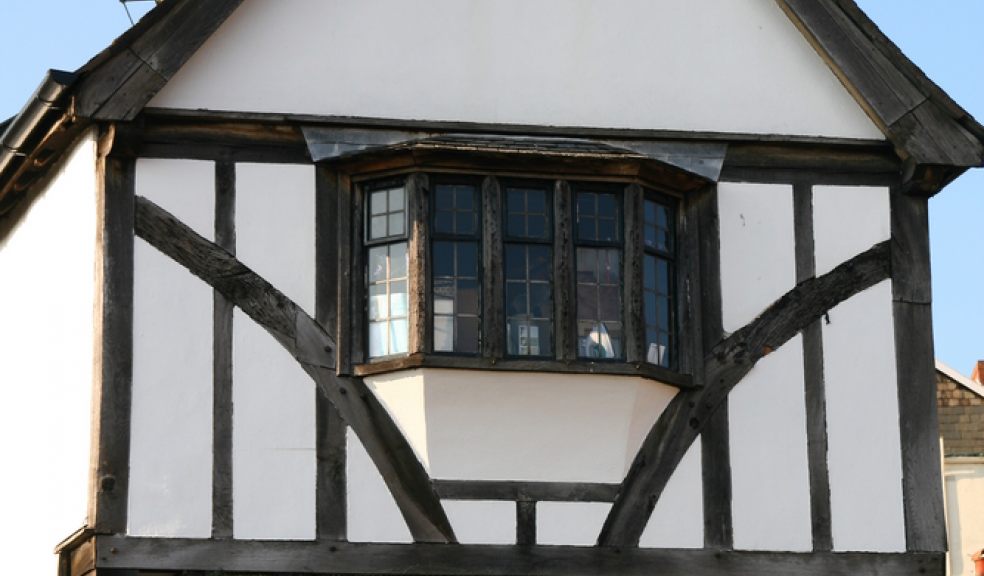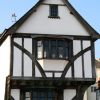
Historic buildings paving the way to economic growth
A new English Heritage publication, Constructive Conservation – Sustainable Growth for Historic Places, demonstrates that repaired historic buildings are contributing to economic growth across the country.
From new hotels in London and Ipswich, to retail and office developments in Bristol and Yorkshire and converted industrial buildings in Derbyshire and Stoke-on-Trent, across the country there are businesses flourishing in historic buildings which have been repaired or adapted to enable them a more successful financial future.
36 such buildings are celebrated in a new publication published today by English Heritage called ‘Constructive Conservation – Sustainable Growth for Historic Places’. They are all conservation-led projects where English Heritage planners’ positive and constructive approach to managing change has enabled historic buildings to be kept in use.
Constructive Conservation means having a thorough understanding of what makes a site historically important and working collaboratively with owners and developers to enhance that while finding a new use that ensures their continued use and enjoyment.
Chris Smith, director of national planning and conservation at English Heritage, said: “Buildings of the past can serve the future well, as demonstrated by the job creation and business growth at the businesses throughout England that are featured in our new ‘Constructive Conservation’ publication. Repair and adaptation of our existing building stock is inherently sustainable and these historic buildings demonstrate that heritage is clearly not a barrier to growth.”
The case studies show the many ways in which historic buildings can contribute to job creation, business growth and economic prosperity. In Derby, city centre shops that were once boarded up are now bustling with customers; in Sheffield, investors in a condemned courtyard factory, Sellers Wheel, are now enjoying rental income from a mix of shops, offices and student accommodation. Travellers from all over the world no longer pass through King’s Cross and St Pancras stations on their way to other destinations; they come especially to see and enjoy these magnificent buildings, and to spend money in their shops, restaurants and hotels.
Businesses large and small, from Adnam’s Brewery in Southwold to the start-up businesses in Cromford Mill, have made the most of the appeal that historic buildings have in attracting customers. For some, such as Jodrell Bank or the Royal Shakespeare Theatre, heritage is at the heart of the business. Others, including many local authorities and community groups, find that using heritage assets well is the catalyst to wider economic regeneration, as in Margate, Chatham, Manchester, Liverpool or Berwick-upon-Tweed.
York City Council’s new offices were constructed on the site of one of the world’s first railway stations and the original iron and glass canopy are part of the design. In the case of Tynemouth’s Victorian railway station, an even more extensive and ornate set of cast-iron and glass platform canopies is now the location for the town’s renowned crafts and antiques fair.
English Heritage’s role in these case studies has been to give technical and practical advice that ensures that the historic significance is understood and brought out while enabling economic viability. This approach is supported by developer, Chris Hale from S. Harrison Developments who worked on the West Offices in York: “The advice, support and input from English Heritage proved invaluable throughout the process, helping the developers to ensure that the old and new elements of the development could work together in perfect harmony to provide a sustainable future for this important building. Achieving such high standards of sustainability proves with a careful, considered approach older buildings can be adapted for modern use, without compromising our client’s demanding brief for an efficient new headquarters.”
The publication can be downloaded from
www.english-heritage.org.uk/constructiveconservation

















